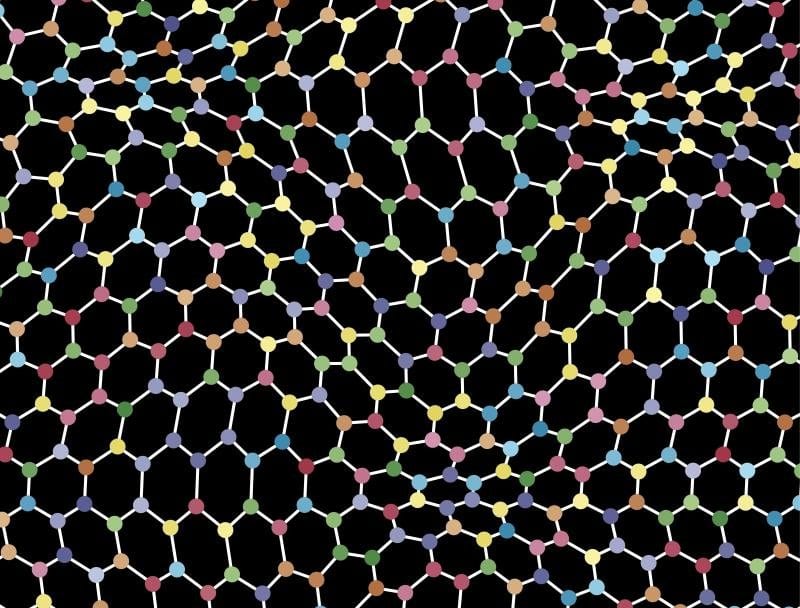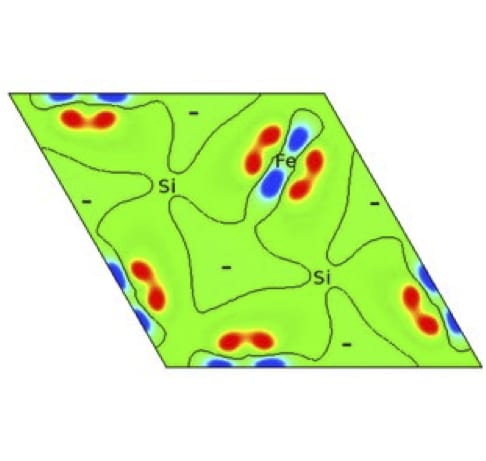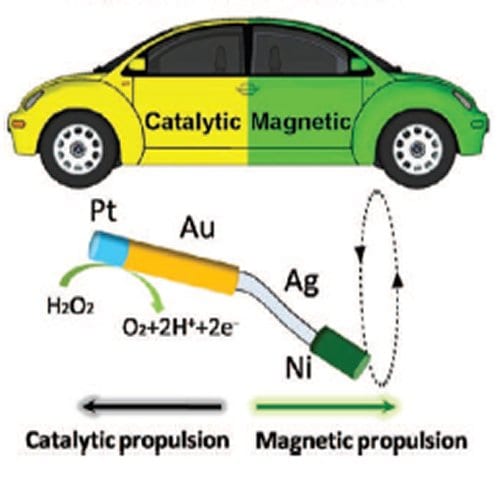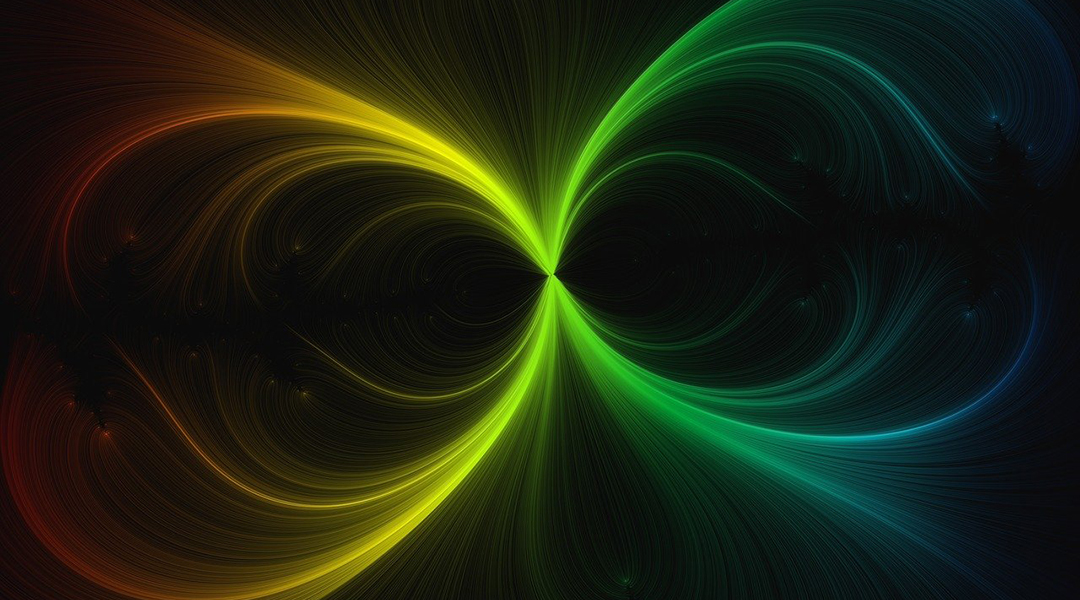Can organic matter behave like a fridge magnet? Scientists from The University of Manchester have now shown that it can.


Can organic matter behave like a fridge magnet? Scientists from The University of Manchester have now shown that it can.

A giant magnetocaloric effect may increase performance in magnetic refrigeration and energy-conversion devices.

Scientists at University of California, San Diego, USA, led by Joseph Wang, have put together a multisegment nanomotor that contains components responsive to magnetic and to chemical stimuli.
Chinese researchers have used lasers to made tiny springs and turbines out of a polymerized ferrofluid, which could be used in micro- or nanomachines.

Doppler cloak confuses radars by altering the phase of incoming radar waves in real time.

Fermilab releases its final results, testing the Standard Model of particle physics.

A new theory proposes gravity isn’t a fundamental force but emerges from quantum electromagnetic interactions, potentially reshaping our view of spacetime itself.

Scientists created flexible probabilistic bits from custom polymers, offering a new, energy-efficient path for AI and machine learning using classical physics.

Subtle inflaton interactions may reshape our understanding of cosmic inflation, altering predictions about dark matter, black holes, and gravitational waves.

A new machine learning algorithm that can rapidly pinpoint the location of a neutron star merger using gravitational wave signals alone.